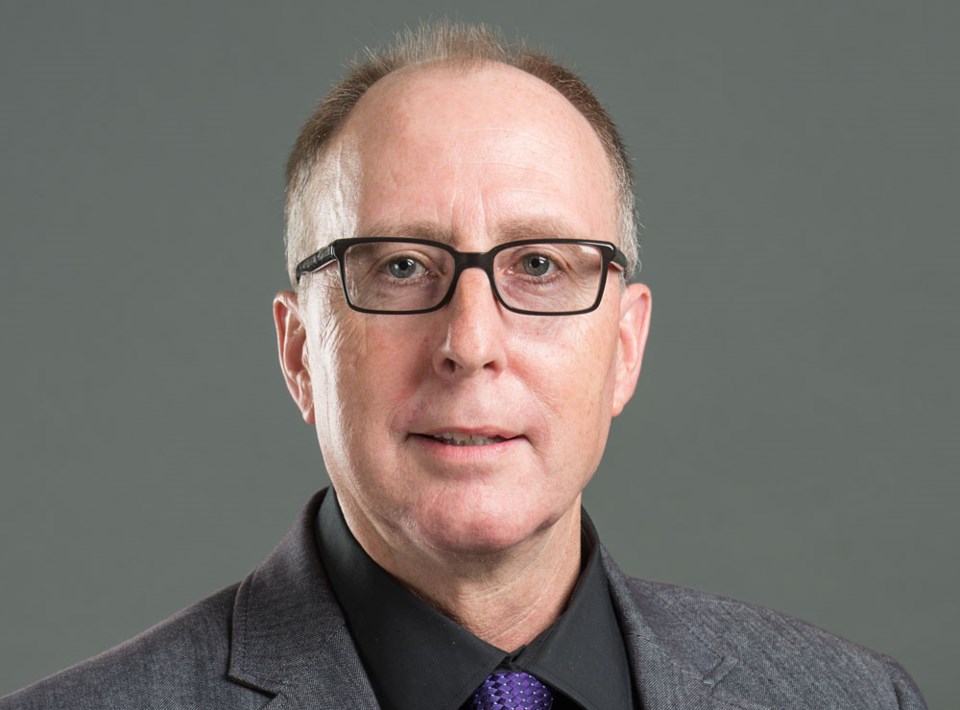Estevan Mayor Roy Ludwig was one of several Saskatchewan oilpatch community mayors who addressed the Senate Transport and Communications Committee in Regina on May 1, as part of their travelling hearings into Bill C-48, the Oil Tanker Moratorium Act. On May 15, the committee voted against the act, but it still has to be considered by the Senate as a whole.
Here is Ludwig’s opening statement, verbatim:
Estevan Mayor Roy Ludwig: I am here today to speak against Bill C-48. This is a bill that could potentially damage our chances of getting our product oil, which of course is oil, to world markets from the West Coast. At the very least, we need access within the shipping lanes from the West Coast to offload our oil from the Prairies to China and other international markets once we get the Trans Mountain Pipeline in place. That is another issue, but I guess I am not here to talk about it.
The issues we face cross political, provincial and even international boundaries such as our neighbour to the south, the U.S.A., that are also struggling with their ability to put pipelines in place. The main issue we are here to talk about involves commodities such as oil and jobs. Since 2014, hundreds of jobs have been lost in the oil industry, which is very daunting for a city of our size to cope with. Environment also comes into play. Although we want to be environmentally friendly, sometimes it’s getting to the point where we are re getting into gridlock and can’t even operate because some of the environmental regulations are so stringent.
Moving forward, somehow we have to reconcile environmental issues along with the transportation of oil. This issue is dividing our country between east and west. We need to put in place a comprehensive and cohesive policy that will allow us to transport our oil and at the same time allow our fellow Canadians to the east, and even some out west, to understand and agree with this need. We are as a country being seen as a place where big projects can no longer get completed. This is hurting our credibility on the world stage. Now we own a pipeline and we are still unable to get it completed. If we want to be seen as a strong and united country, we have to begin to put these differences aside. We pay tens of billions of dollars from Western provinces to Canadians out east in transfer payments, but we cannot get them to agree or understand the importance of a pipeline out east using Canadian oil instead of imported oil from countries with horrible human rights records.
This issue is not only about our ability to get our oil to the B.C. coast and then ship it. It is also to get a pipeline out east and west. Life is about change. We have to be willing to set aside our differences to do what is best for the country as a whole so that we can prosper together. This issue is about compromise. If we can’t get our product to market, then we won’t be able to afford the transfer payments that our friends out east have come to expect.
I have the privilege of representing the city of Estevan. It is a small city in the southeastern part of the province. One of our main economic drivers is the oil and gas industry. As I have mentioned before, we have been suffering from a four-year slowdown in large part due to the downturn in the oil markets as a result of our inability to get our product to market. We need to get our oil to tidewater on the West Coast and East Coast so that we can get the proper price for our oil instead of suffering a discount. Once we get it to the coast, we have to be able to ship it. Our employment numbers are down, especially in the oil industry. We need our local economy to stabilize in order to stop losing people and resources from our oil sector.
In closing, I am still optimistic in this great country that we can collectively set aside our differences and work toward the common good, in this case having the ability to get our commodities to market, enjoying the fruits of this economic sector and being able to share this wealth with the rest of our country.
Thank you, members of the Senate Committee, for allowing me the opportunity to speak.



